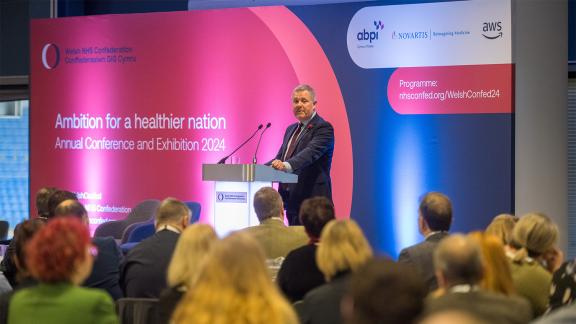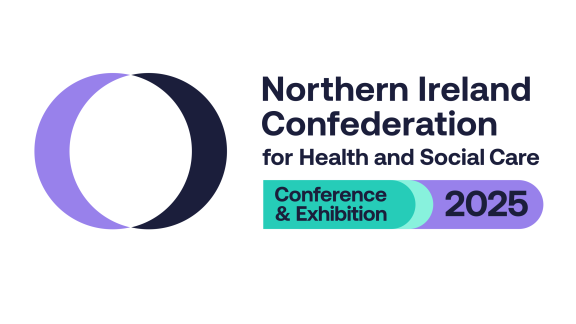Moderating demand for NHS care needs much more attention

Understanding how the need for care arises is an essential focus if we are to avoid the NHS becoming unaffordable.
The government’s elective reform plan proposes to increase capacity and activity to improve patients’ access to care and deliver the commitment of 92 per cent of patients receiving treatment within 18 weeks by the end of this parliament. These proposals include expanding the role of community diagnostic centres and surgical hubs and making greater use of private hospitals treating NHS patients.
“While the rhetoric of the government and NHS England is of ‘a plan with patients at its heart’, the reality is a set of ambitions focused on increasing the supply of elective care”
While the rhetoric of the government and NHS England is of ‘a plan with patients at its heart’, the reality is a set of ambitions focused on increasing the supply of elective care. The plan is largely silent on how demand for care arises and what might be done to moderate it. Much the same applies to unplanned care, where winter plans have focused on expanding the role of virtual wards and hospital at home with less emphasis on how patients and carers can contribute,.
Debate about how best to use resources has always been important, but it has become even more so as the government’s Spending Review approaches. Turbulent bond markets have increased the costs of government borrowing and raised the spectre of cuts in public spending. Although the NHS fared well in October’s budget, its sizeable contribution to public spending and the likelihood that this will grow in future mean that there will be renewed scrutiny of how it uses its funds.
Revisiting the Wanless report
As this happens I would argue that the Wanless report, commissioned by the last Labour Government to advise on future NHS resource requirements, should be revisited. The report was published in 2002 and outlined three scenarios which would influence the funding needed to meet the public’s expectations of high-quality care. It argued that the ‘fully engaged’ scenario, in which the public played an active part in improving health, would require smaller increases in NHS spending than either the ‘solid progress’ or ‘slow uptake’ scenarios.
An assessment by The King’s Fund in collaboration with Derek Wanless in 2007 indicated the challenges in fully engaging the public, as seen in increasing rates of obesity among children and adults. These challenges have been accentuated by the recent stalling of increases in life expectancy as well as concerns about the number of years people live with illnesses and disabilities. On these and some other indicators of population health, the UK has fallen behind its peers, in part because of the persistence and, in some cases, widening of health inequalities since 2010.
“I find it hard to see how other pressing claims on public spending can be met without action to slow demand”
I believe that sustaining the NHS requires redoubling efforts to fully engage the public in improving health and using services wisely. Not only is this the right thing to do if the public’s expectations are to be met, but also it may help avoid patients receiving care of limited value in view of longstanding concerns about over treatment and diagnosis, highlighted by chief medical officer, Chris Whitty, in his 2023 annual report.
Hard choices on public spending will need to be made. Channeling Don Berwick, giving priority to spending on healthcare may inadvertently result in ‘the confiscation of opportunities…for growth and success in other sectors’, for example to tackle poverty, invest in the early years, and provide safe and affordable housing. The Spending Review offers a vital opportunity to look across government and set a course that gives priority to improving health and reducing demand from the rising burden of disease.
Preventing illness arising
Much of this burden arises from chronic medical conditions where more can and should be done to prevent illness. An example is type 2 diabetes where there is good evidence that people who are fully engaged can achieve remarkable results with the right kind of advice and support, including going into remission. Chris Whitty and others have argued that as well as tackling single diseases there needs to be a stronger focus on multimorbidity, where generalist skills need much more attention.
Other work has demonstrated the benefits of self-care for people with various chronic conditions, peer support, and health coaching. This work illustrates the ‘active partnership between those who provide care and those who receive it’, advocated in the Wanless report. The challenge is that there has been insufficient leadership from government and national NHS leaders and variable commitment from clinicians in developing an active partnership. Public health funding has also been cut.
It's not too late to act
Success depends on reversing recent trends in which community services and general practices, where most chronic care is provided, have received a smaller share of the NHS budget. It also requires more effective regulation and taxation of the food and drinks industries and partnership with other public services. The 2025 Spending Review should be used to begin this process, understanding the time needed to tackle challenges that have been years in the making.
Wanless warned that the NHS might become unaffordable unless everyone played a part in sustaining it and in my view his prescience is borne out by the state of the NHS today. Continuing to ignore his warning will have serious consequences for our future health. If Ministers are willing to recognise the positive role of people and communities, it is not too late to make a difference.
Chris Ham is emeritus professor of health policy and management at the University of Birmingham. You can follow Chris on Bluesky.



